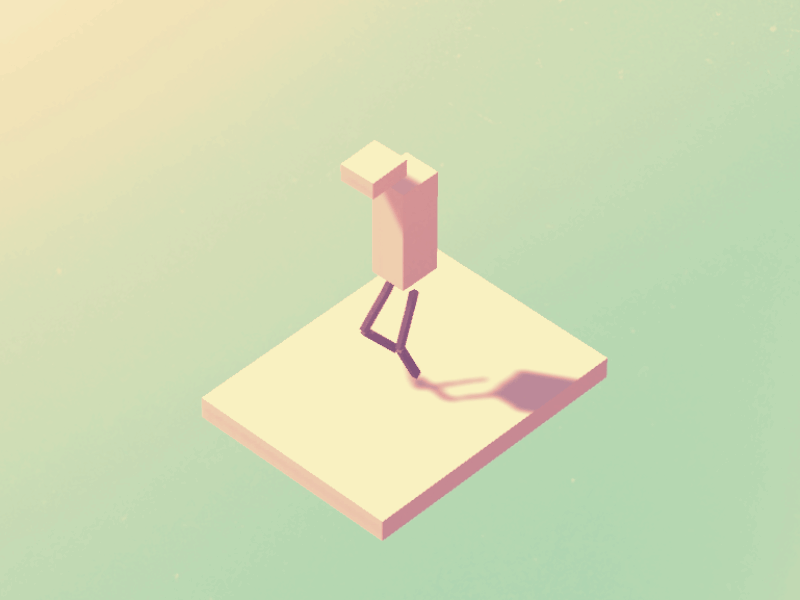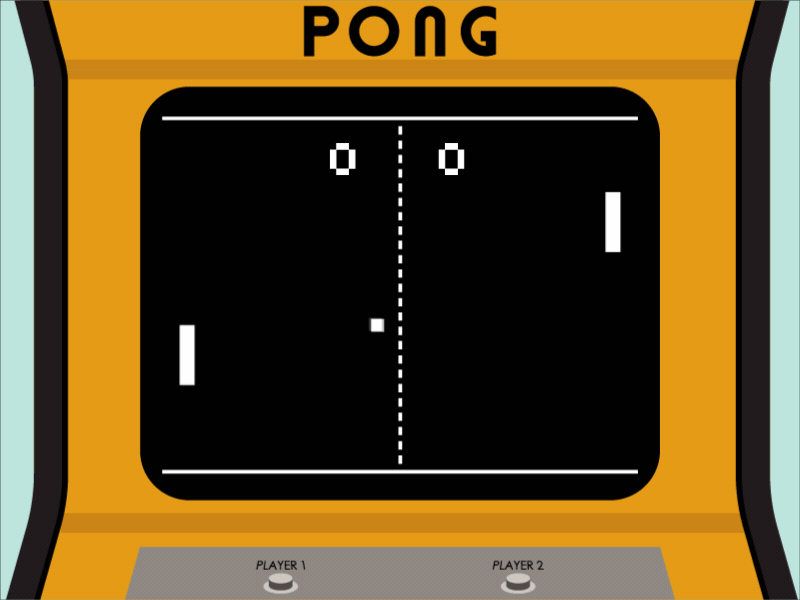Nooblets Guide
If you want to skip the warning below for new game developers and get straight into the action, press here.
Crawling comes before running!

For brand new developers it is a massive temptation to start running before learning how to crawl. You will be learning to fight that temptation at all times.
What does that mean?
Beginner game developers often fall into the trap of looking at games that they play, the ones made by dozens or even hundreds of highly seasoned developers, and thinking that their first game will be comparable. Hell, even fairly experienced developers often overestimate their capabilities or the amount of time it will take to finish building a game.
So if you can't make the next Call of Duty or World of Warcraft, what can you make?
For the average new game developer, one with minimal coding experience and has never made a game before, realistically, pong. If you haven't heard of pong, it is a game with two controllable paddles consisting of white boxes, you can move them up and down to bounce a small white ball between them, whichever side manages to get the ball past the opposite sides paddle wins a point.

Those of you who immediately scoff at the idea of making such a simple game have already fallen into the trap.
If you've made it this far then I hope the section above acts as fair warning to new game developers, but know that despite how hard it can be at times, game development is also one of the most interesting, exciting and rewarding things you can do.
The beginners crossroad

I try my best to make the resources here independent of which programming languages you use or what game engine you work in. This is so that whatever you learn can be applied to a whole range of projects rather than a select few in specific languages and engines. Although there are language and engine specific content, I recommend starting out with broadly applicable topics and often provide examples in whichever language best illustrates something.
Tags
Use the tags to find resources on the stuff you want. The #nooblet tag is your friend.
Here are some of my recommended starting points: